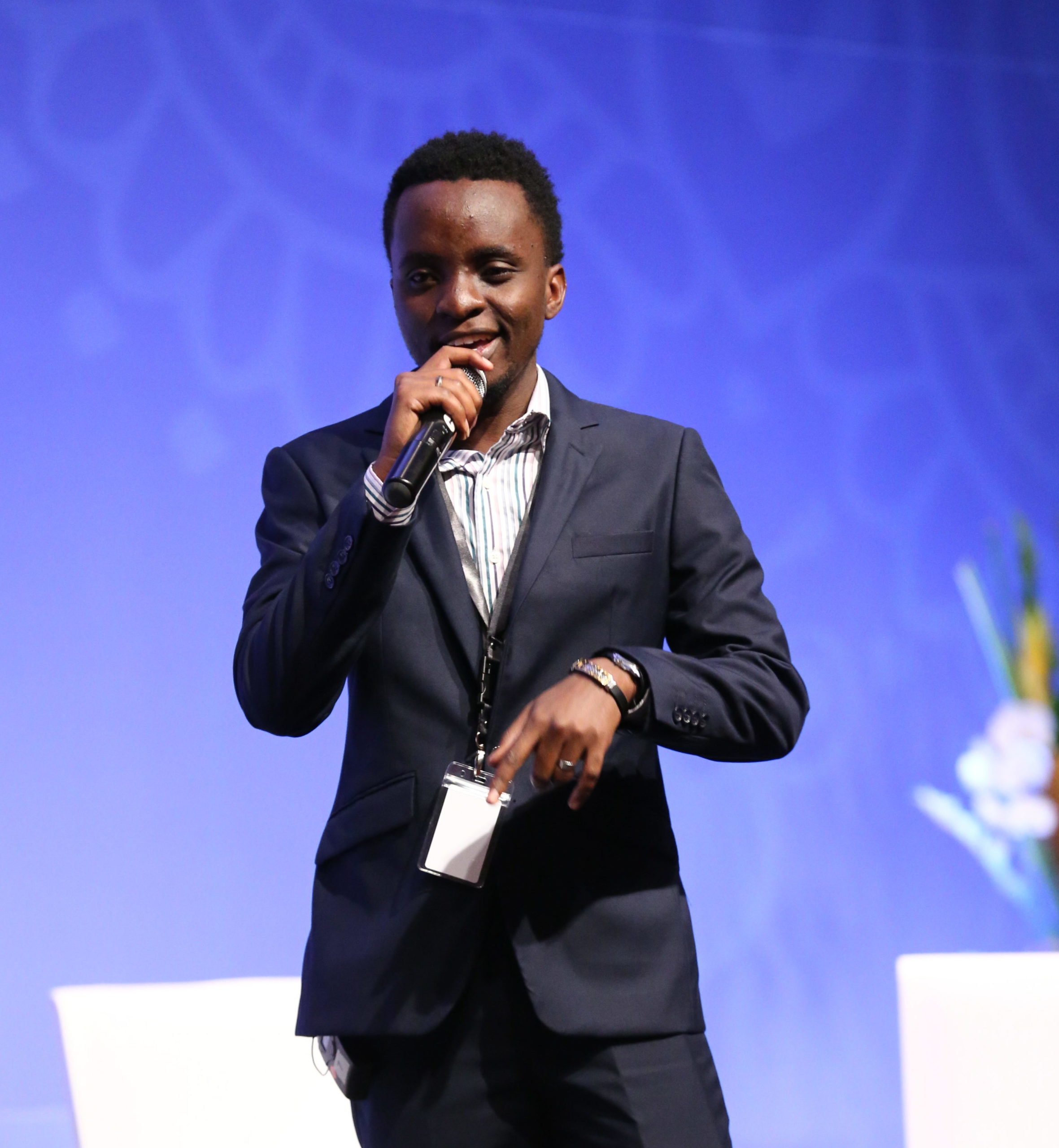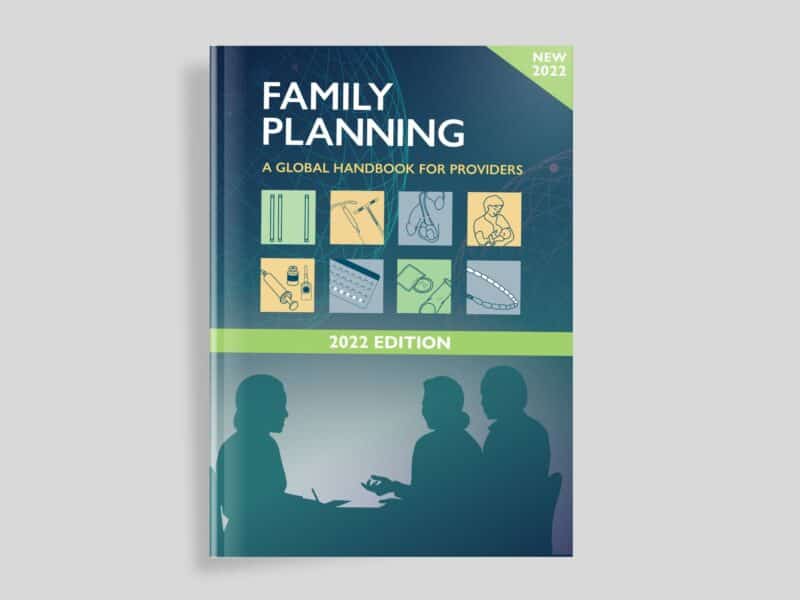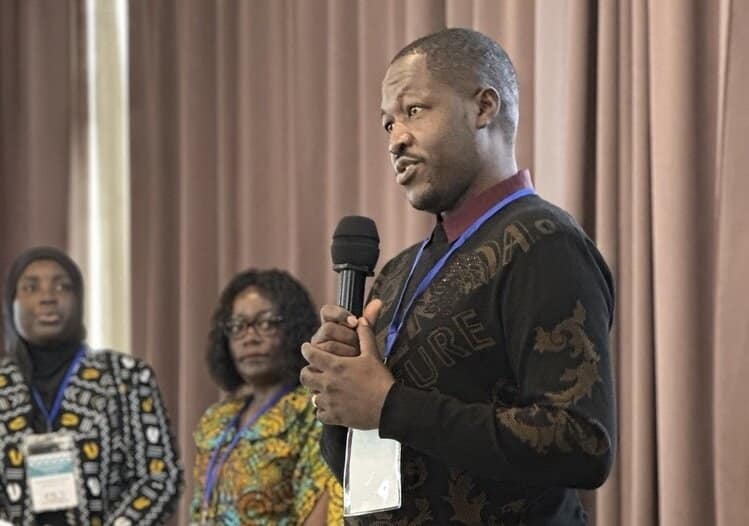The 2018 International Social and Behavior Change Communication Summit in Nusa Dua, Indonesia, concluded Friday with much excitement about how much was learned and shared over the five-day conference about what works in SBCC to improve people’s lives around the world – and a commitment to do even better in the future.
“To get ahead, we’re going to have to continue the conversation we’ve started here,” said Susan Krenn, the executive director of the Johns Hopkins Center for Communication Programs and head of the Summit planning committee. “My hope is that when we reconvene in 2020, we will have demonstrable evidence of how we’ve gotten ahead of the curve in this space.”
More than 1,200 social and behavior change experts from 93 countries and 429 different organizations gathered over five days for more than 220 sessions. There were 58 exhibitor booths, 340 posters, a dozen keynote speakers, skills-building workshops, singing and dancing and even a gala honoring Dr. Miguel Sabido, one of the pioneers of Entertainment-Education.
The 220 sessions were nearly four times as many as there were at the first International Social and Behavior Change Summit in Ethiopia in 2016. Insights teams took polls and attended sessions to gather the thoughts of attendees and presenters about what they were hearing on the Summit’s three themes: understanding what works, making sense of now, and voice and agenda setting.
Here are some of the highlights of the week:
Nahla Valji, senior gender advisor in the United Nations’ Executive Office of the Secretary-General, was one of the Summit’s first speakers on Monday and talked passionately about the importance of shifting attitudes about women to reinforce equality and empowerment, unlocking the potential of half of our societies.
“Over the next few days, all of you will have a critical and potentially transformational role in addressing issues ranging from climate change to access to justice, from maternal and child health to violence and discrimination and myriad other challenges that we face globally,” she said.
Tuesday morning’s keynote speaker suggested that the only way to make major change in reducing inequities in health and development around the world is to change policies that put economic interests ahead of those of people and the planet.
David Chiriboga, a physician at the University of Massachusetts School of Medicine and a former health minister from Ecuador, told attendees that it is not enough to simply rely on donors to improve health and increase life expectancy in the world’s low- and middle-income countries. The historic disparities in health are so entrenched that the relatively small amount of “charity” aimed at making improvements will never be enough and systemic changes are necessary, he said.
“We are so fragmented in our interventions that it dilutes the impact of the interventions,” he said.
During Wednesday morning’s keynote, the Honorable Senator Ayesha Raza Farooq outlined how Pakistan is making progress in their last mile toward polio eradication. Senator Farooq is the Prime Minister of Pakistan’s point person on polio eradication.
In 2014, Pakistan had 306 of the world’s 317 polio cases. Last year, there were just eight.
“This fight will persist until no child in Pakistan is left vulnerable to this crippling virus,” she told those assembled. “We realize that polio eradication is a zero-sum game and we are not yet there. [But] we are hopeful. We are committed.”
A strong proponent of SBCC, the senator described three communication campaigns that helped position vaccination as a social norm, built trust of frontline health workers and elicited community ownership of health.
As she ended her remarks, she emphasized the importance of bold and courageous decision-making and commitment at the highest levels. “That last mile is the most difficult, but we are confident that our work will deliver results,” she said.
Tech companies must involve more women, people of color and those from diverse backgrounds in the development of artificial intelligence to ensure that the harmful biases that pervade our society don’t invade the digital realm as well, AI expert and keynote speaker Kriti Sharma told the Summit Thursday morning.
Artificial intelligence is making more and more decisions each day that affect our lives, she said, from determining which news we see to determining whether to try to get us to click on fertility sites or online betting sites to telling us what a CEO looks like (hint: a white man in his 50s).
AI may understand that a hiring manager mostly hires men – and then believes that men make better managers, creating a bias against women. AI has created digital assistants like Siri and Alexa, females who are “obedient servants” like a “1950s Mad Men secretary.” AI makes racist assumptions as well.
“If a human did that, we wouldn’t allow it,” she said. “Somehow AI has become above the law.”
But there is good news, she said. “AI is entirely within our control. We create it and we get to teach it.” The key is having a diverse set of people – of different races, genders, ages – doing the coding and creating of these systems.
“When people from diverse backgrounds come together, when we do things in the right way, the possibilities are limitless,” she said.
Another highlight of Thursday was a youth panel, which was made up of seven young people working in SBCC around the world.
While many SBCC programs are aimed at youth, only recently have some started consulting the true experts – the young people themselves – in creating these programs. Several members of the panel said lasting behavior change will only come when young people are included from the very beginning.
“It’s not just about thinking about young people, but carrying them along in the process,” said Adetoyeke Adedipe, with the Nigeria Urban Reproductive Health Initiative 2, a Bill & Melinda Gates Foundation-funded program led by CCP. “We have a saying in Nigeria: If you want to go fast, go alone. If you want to go far, go together.”
The moderator of the panel, Angga Dwi Martha, youth advisor for Sustainable Development Goals Implementation in Indonesia, challenged each adult in the room to bring one young person with them to the next SBCC Summit.
“All of us were, we wouldn’t be here without adult mentors in our life,” he said. Leaders in the field need to foster the potential of the young people they meet and “next time they will be on the stage with us.”





